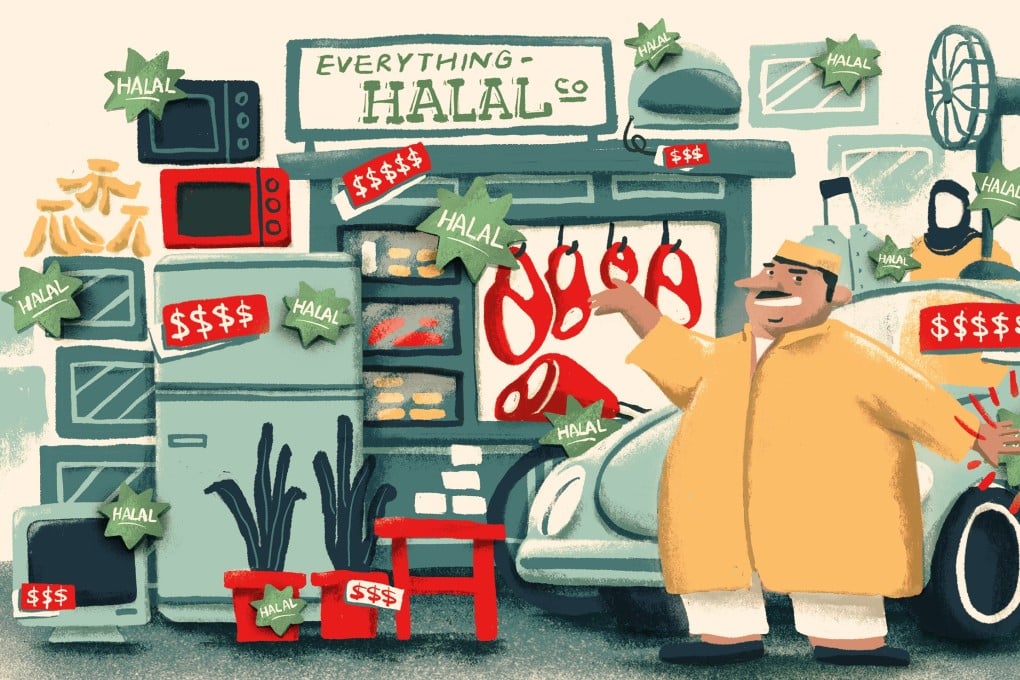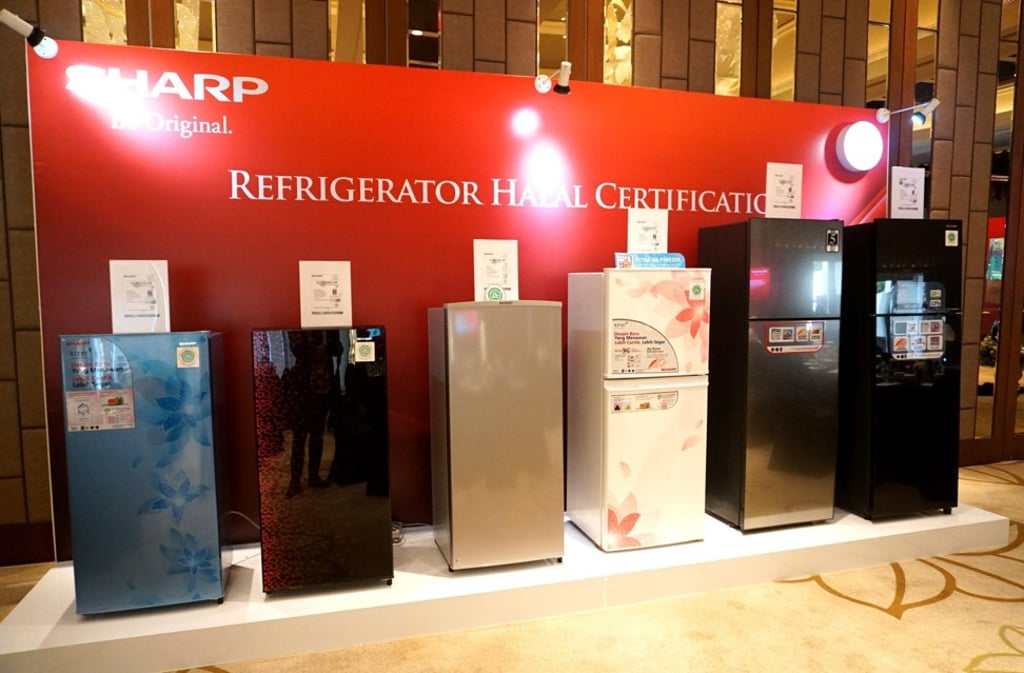Everything halal: consumer goods makers exploit Indonesian push for products that satisfy Islamic law, selling ‘halal fridges’ and ‘halal cat food’
- Islamic law only covers the preparation of food, drinks and cosmetics, but many other goods are marketed to Indonesian Muslims as halal
- The country’s government recently tried to rush in a law requiring halal certification for all consumer goods and services; for now this remains voluntary

Miranti Widjoko was invited by Japanese home appliances brand Sharp to the launch of the company’s new refrigerators in Jakarta last year. At an event timed to coincide with the beginning of Islam’s holy month of Ramadan, the appliances were introduced as the “first halal-certified refrigerators in Indonesia”, meaning they adhered to Islamic religious requirements.
“What? Does it mean that fridges can be haram [forbidden under Islamic law]?” the 45-year-old mother of two wondered at the time. “How does that work?” The Sharp representative told her that the materials usually used to produce fridge compartments could contain traces of animal products that are forbidden to Muslims, she recalls.
“When it was time to replace my old fridge, I didn’t hesitate to choose this [halal] fridge,” says Miranti, who had been invited to the launch as a member of the Indonesian Halal Chef Association.

Miranti says she always makes sure the homewares she buys for her family are permitted under Islamic law, especially products that are known to commonly contain non-halal substances.
These include cosmetics, toiletries, tissues, cooking brushes, paint brushes, wall paint, groundwater filters, plates and cups, among many other items.